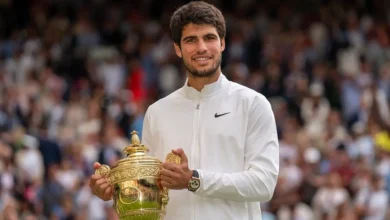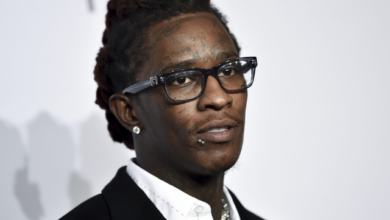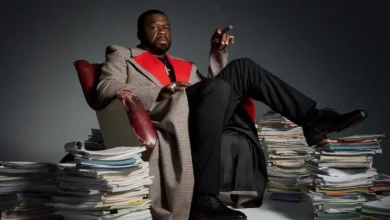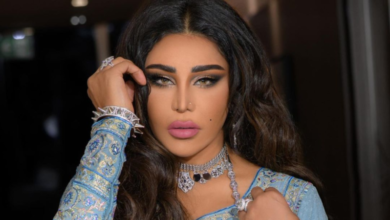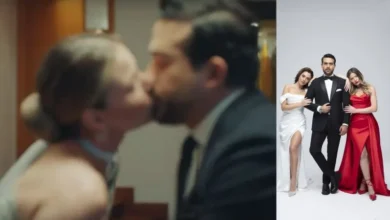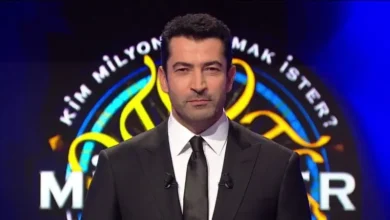Brit Awards 2023: Why are no women nominated for best artist?
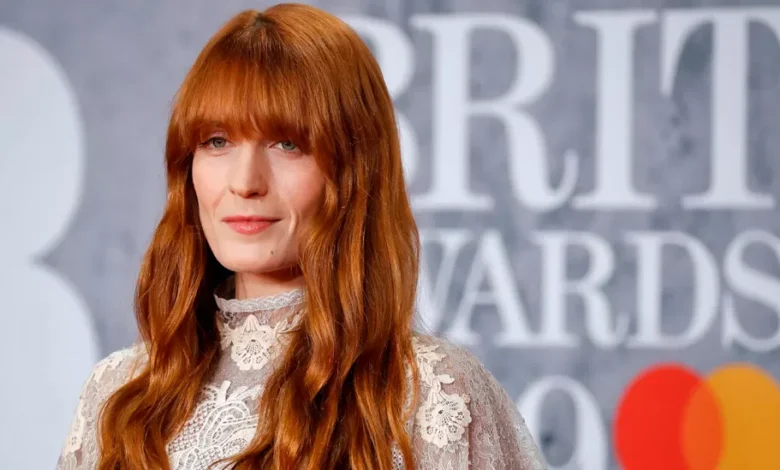
The shortlist for best artist at this year’s Brit Awards doesn’t include any female artists. So where are the women, and what does it say about the music industry?
The Brit Awards are a month away, but we already know one thing about the winner of the best artist award – it will be a man.
The Brits scrapped their best male and best female awards last year in favour of gender-neutral prizes. But when the nominations for this year’s ceremony emerged on Thursday, there was a backlash over the men-only best artist list.
Out of the 70 stars who were eligible to be nominated for the prize, just 12 were female.
The longlist is created when record labels put artists forward for the prize. Then, approximately 1,200 voters choose their top five in order of preference, and their votes are counted to produce the shortlist.
Here are the five nominees they chose:
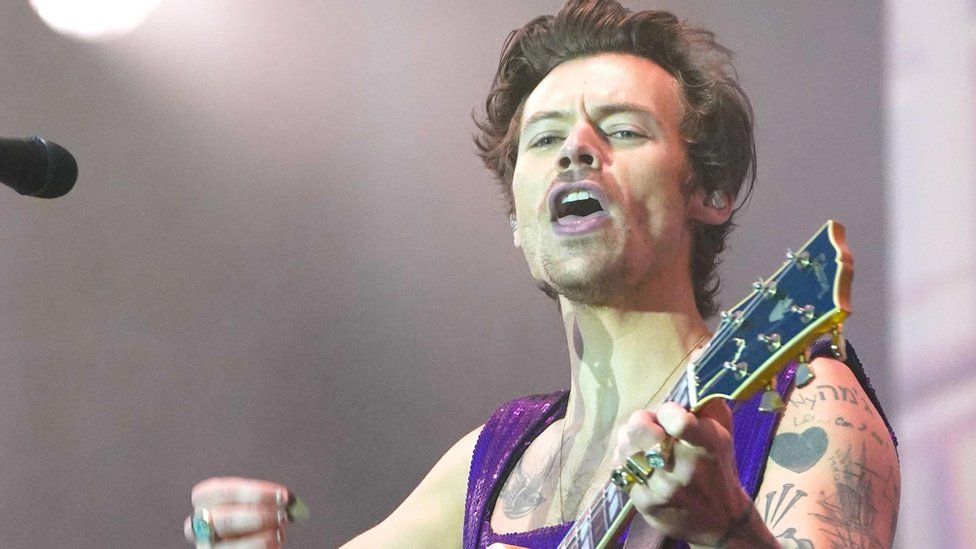
- Harry Styles (pictured) – he dominated the charts with his song As It Was and album Harry’s House, and is tipped to win
- Stormzy – his third album This Is What I Mean was a commercial and critical hit and included hits like Hide & Seek and Firebabe
- George Ezra – the singer-songwriter made a successful comeback with the single Green Green Grass and had a number one album
- Central Cee – the London rapper had a number one album and two top 10 singles in 2022
- Fred Again – the fast-rising house producer went to number four with his third album Actual Life 3
Women who were eligible but missed out include:
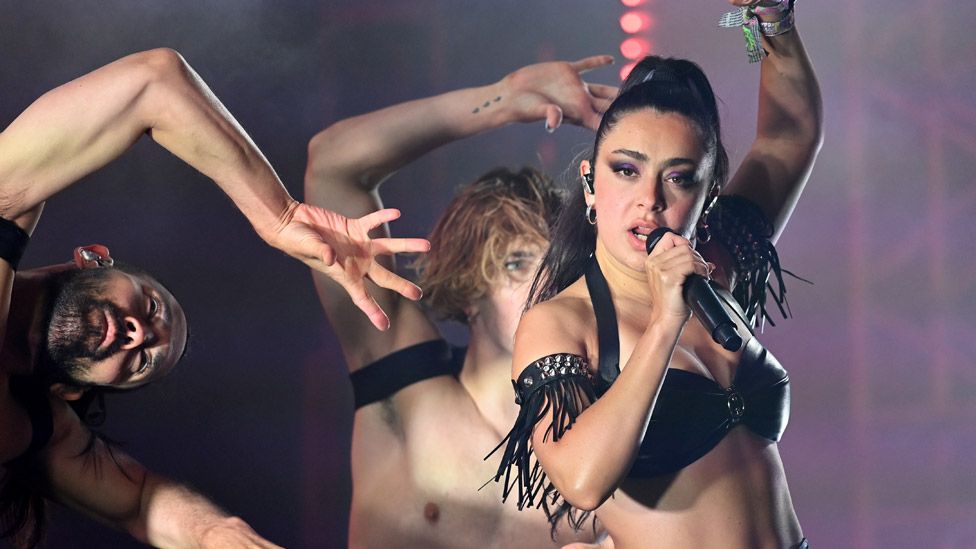
- Florence + the Machine – Florence Welch went to number one with her fifth album Dance Fever in May
- Charli XCX (pictured) – Crash also topped the charts and was ranked the fourth best album of 2022 by The Guardian
- Mabel – the 2020 best British female winner’s album About Last Night reached number two, although it didn’t produce any big hit singles
- Rina Sawayama – her second album Hold The Girl went to number three and included BBC music correspondent Mark Savage’s song of the year
- Ella Henderson – she had a top 10 album, appeared on two top 10 singles and was nominated for an Ivor Novello Award in 2022
To be eligible, an artist must have achieved at least one top 40 album or two top 20 singles that were released between 10 December 2021 and 9 December 2022.
The Brits, like some other entertainment awards, have introduced gender neutral awards to be “even more inclusive, recognising exceptional work rather than how artists identify”, a spokesperson said.
Concerns that the move risked sidelining female acts seemed to have been eased when two women were nominated for best artist in 2022 – Adele and Little Simz – and women or female-fronted acts won 10 of the 15 awards on the night.
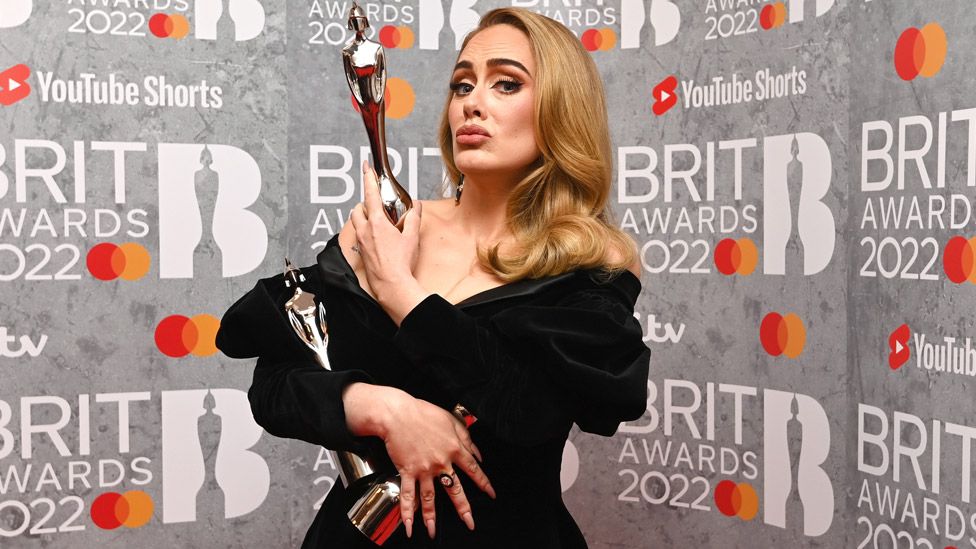
But in her acceptance speech, Adele pointed out: “I understand why the name of this award has changed but I really love being a woman and being a female artist. I’m really proud of us.”
Now, the aggregate score of nominees in that category over two years is 8-2 to the men.
Those commenting on this year’s list include Charlatans singer Tim Burgess.
Part of the reason for this year’s showing is that fewer major female stars like Adele and Dua Lipa put out new music in the last 12 months.
In 2022, there was just one British female solo artist with a new album among the top 100 best-sellers – Florence and the Machine, at number 89. In comparison, there were seven men in the top 100.
And women are represented in other Brits categories – female duo Wet Leg have four nominations, the joint highest with Styles; while Taylor Swift, Beyonce and Lizzo outnumber the men on the best international artist shortlist.
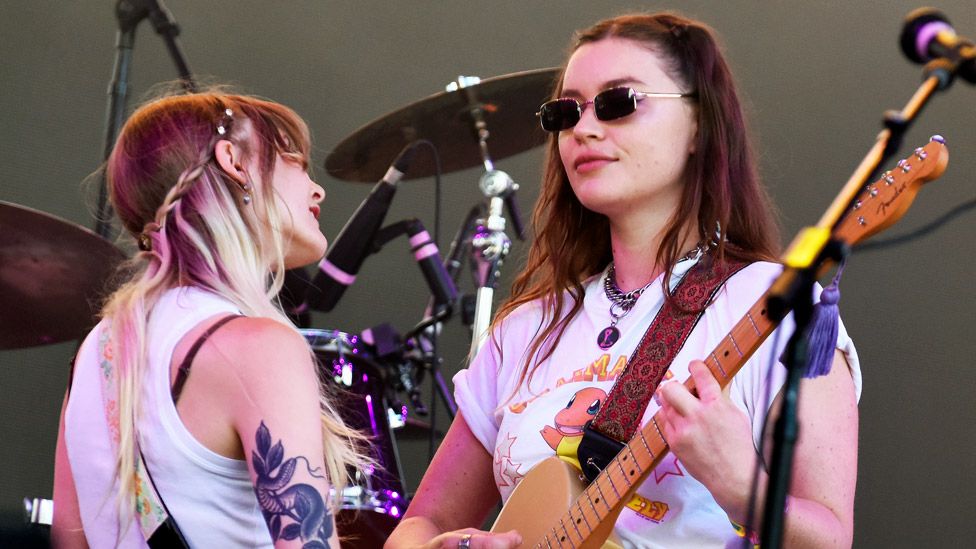
The Brits spokesperson said: “While it’s disappointing there are no nominations in the artist of the year category, we also have to recognise that 2022 saw fewer high profile women artists in cycle with major releases, as was the case in 2021.
“These trends based around the release schedule are a feature of the music industry, but if, over time, a pattern emerges, then this puts the onus on the industry to deal with this important issue.”
They added that music industry body the BPI is “already carrying out a major study to identify barriers that may inhibit more women becoming successful in music, so that there can be solutions that result in meaningful change”.
Indeed, longer-term imbalances are well documented between the success of male and female artists in the charts, in radio airplay, in festival line-ups and even in the artists being signed by record labels.
Full disclosure: I’m part of the Brits voting academy, and here’s who I put forward for the best artist prize – Harry Styles, Charli XCX, Stormzy, Florence + The Machine and Aitch.
Clearly my fellow voters didn’t agree with all those choices. They felt George Ezra’s cuddly singalongs were better than Charli XCX’s scorching glitch-pop. And maybe they’re right. Both artists had a number one album last year, but George’s Gold Rush Kid sold about four times as many as Charli’s Crash.
The problem, I think, is more complicated than voters simply being sexist.
If you look at the nominations as a whole, they’ve picked brilliant, cutting-edge female acts in several categories. Post-punk duo Nova Twins are up for best group, jungle producer Nia Archives is a rising star nominee and Charli XCX even gets a look-in for best pop act. So it’s not like voters are unaware of their music.
What the best artist shortlist reveals is a wider systemic issue. Only 20% of the artists signed to a major UK record label are female, so they’re already at a disadvantage.
And, with a few notable exceptions, it still feels like labels don’t know how to develop female acts once they reach a certain level. How did Mabel go from best female in 2020 to zero nominations in 2022? Her album was good, but badly promoted. No wonder she quit to work with Dua Lipa’s former managers a month after it was released.
The sad fact is that voters have a very small pool of female artists to choose from, and in a year when big stars like Adele and Dua Lipa were busy on tour, they went for male acts instead. (The Brits don’t regularly reveal the make-up of the voting academy but in 2017, they said 48% of the 1,200 members were women).
Hopefully, headlines about this shortlist will shake things up, but I suspect they won’t. Execs will be sitting back, safe in the knowledge that next year’s Brit Awards will encompass new releases from Little Simz, Dua Lipa, Arlo Parks and Flo that will just about disguise the industry’s lack of female representation for another 12 months.

Music executive and researcher Vick Bain isn’t sitting back. In 2019, she found that despite big-hitters like Adele and Dua, less than 20% of acts signed by labels overall are female.
In total, 34% of the artists nominated for this year’s Brits are women, she has calculated – which is in line with the average over the last decade.
“So the good news story is that women are consistently overperforming,” she says.
“Artist of the year is seen as the most prestigious [award] so it’s a shame that there are no women in there, of course. And of course, I’d love to see 50% of nominees being women.
“But the reality of the music industry is, women are only one in five signed artists. That’s the disgraceful thing.”
There are numerous barriers that make it more difficult for female acts, she explains.
“It’s the stereotypes from A&Rs and record labels. It’s more problematic for women to go on tour in those early years in their career. Women at some point tend to have responsibility for looking after family, and that totally scuppers touring and the ability to focus on music.
“There’s sexism and discrimination. It’s a massive problem. I co-wrote a paper last year that showed that 66% of those respondents had experienced sexism and harassment. Some of those experiences are really quite serious. Just one incident can put a woman off and make them opt out and say, ‘You know what, that industry is not for me.’
“There’s an expectation for women to look incredibly beautiful. If they’re not stunningly beautiful, it’s just so much harder.
“There are so many barriers for women in music.”
